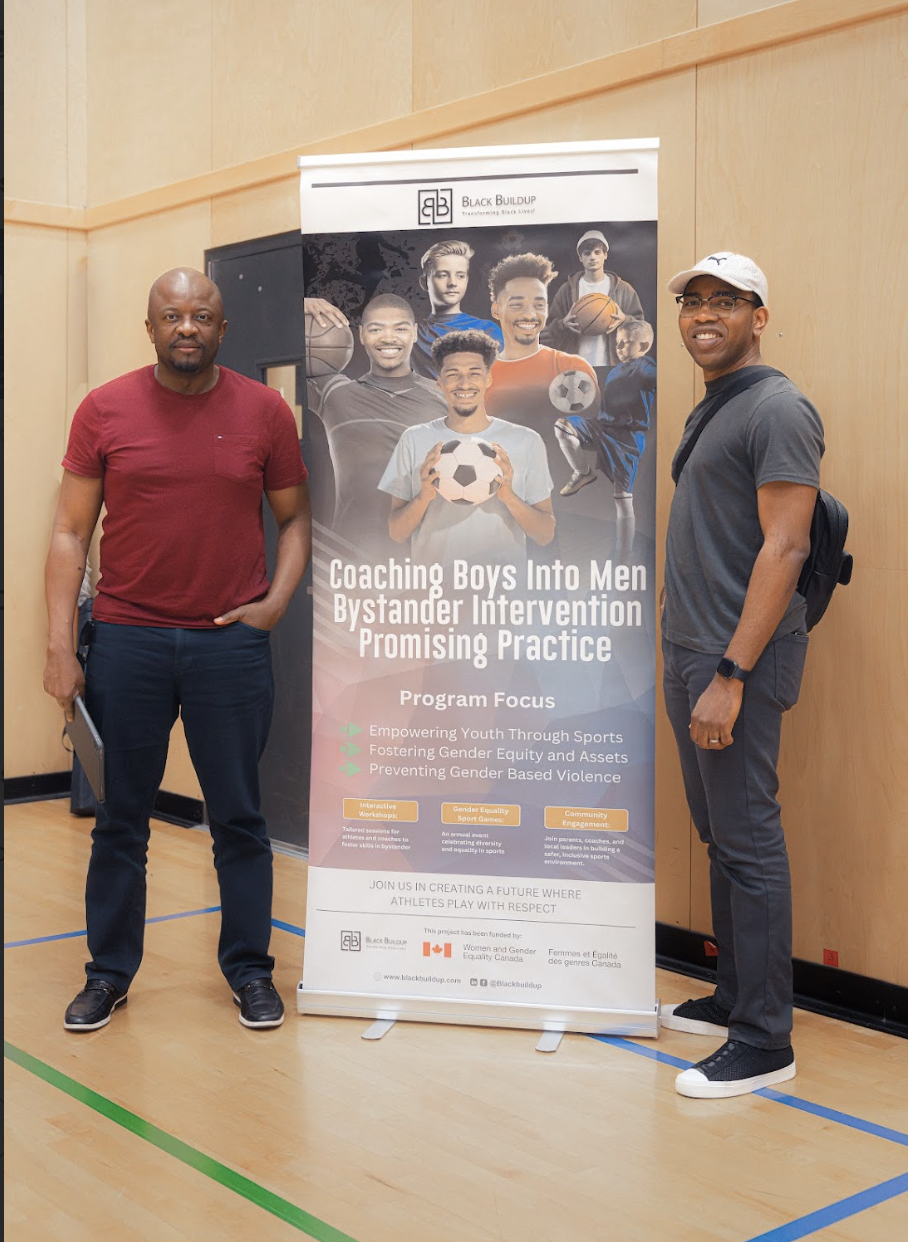
Project Management Lead for Coaching Boys into Men: CBIM Bystander Intervention Promising Practice 2023-2026
Mohplus Consulting is the Project and Engagement Lead for the “Black Build Up Coaching Boys Into Men (CBIM): Bystander Intervention Promising Practice” — a transformative 30-month initiative tackling gender-based violence (GBV) through youth sports. In partnership with Black Build Up (BB) and community collaborators, this innovative, sports-based program works to shift the behaviors and attitudes that contribute to GBV. The project targets young male athletes while actively engaging the broader youth sports ecosystem — including coaches, parents, sports administrators, and spectators — as agents of change.
Impact at a Glance: 35+ coaches trained, 41+ teams across 7+ clubs/schools, 482+ youth athletes directly engaged, ~3,600+ community members indirectly impacted

Improving Black Representation in Alberta and British Columbia’s Banking and Finance Sector, 2024.
The “Improving Black Representation in the Banking & Finance Sector in Alberta and British Columbia Review report” identifies various barriers contributing to underrepresentation in Alberta and British Columbia and encompasses institutional, societal, policy-related, and licensure/certification factors. The report also establishes a foundation for future research and interventions to tackle the multifaceted nature of underrepresentation in the sector.
Mohplus Consulting led and delivered on the extensive research and community engagement for the Black Women Business Network (BWBN) as part of the Workplace Opportunities: Removing Barriers to Equity (WORBE) project. The WORBE project is funded by the Government of Canada and is designed to support employers subject to the Employment Equity Act (the Act) in their efforts to improve designated group representation in areas of low representation through partnerships and industry-tailored strategies.
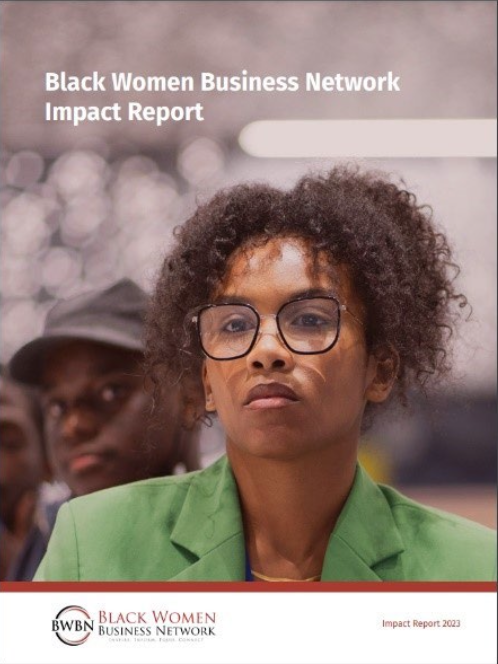
Black Women Business Network Impact Report 2023
The impact report (a) Highlight BWBNs’ projects and programs. (b). Showcases BWBN’s key achievements of the past 2 years – 2021 and 2022. (c). Highlight BWBN’s plans and expectations for the coming year; and (d). Provides information on BWBNs’ financial position.
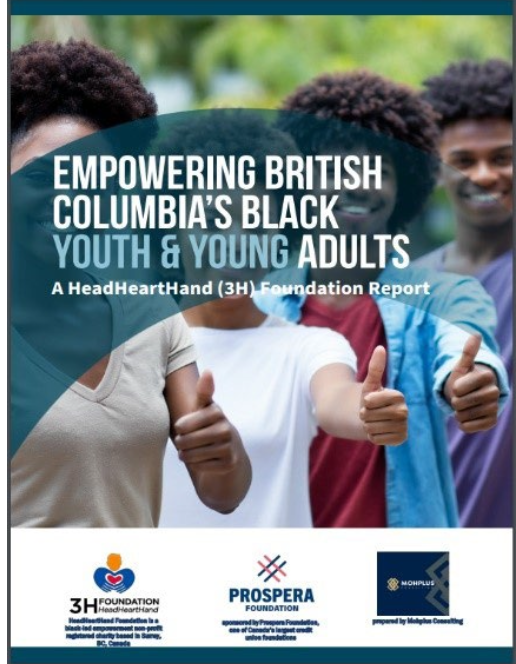
Empowering British Columbia’s Black Youth and Young Adults, 2023
This report is part of the HeadHeartHand (3H) Foundation’s Holistic Community Incubation Program (HCIP) and aims at providing desk research and data to frame and contextualize the challenges faced by Black youth and young adults across BC’s Lower Mainland with respect to their socioeconomic well-being. The research seeks to support and promote best practice considerations, interventions, and programs to address these challenges and to support the implementation of the HCIP and future programming to improve the socioeconomic and all-around well-bein
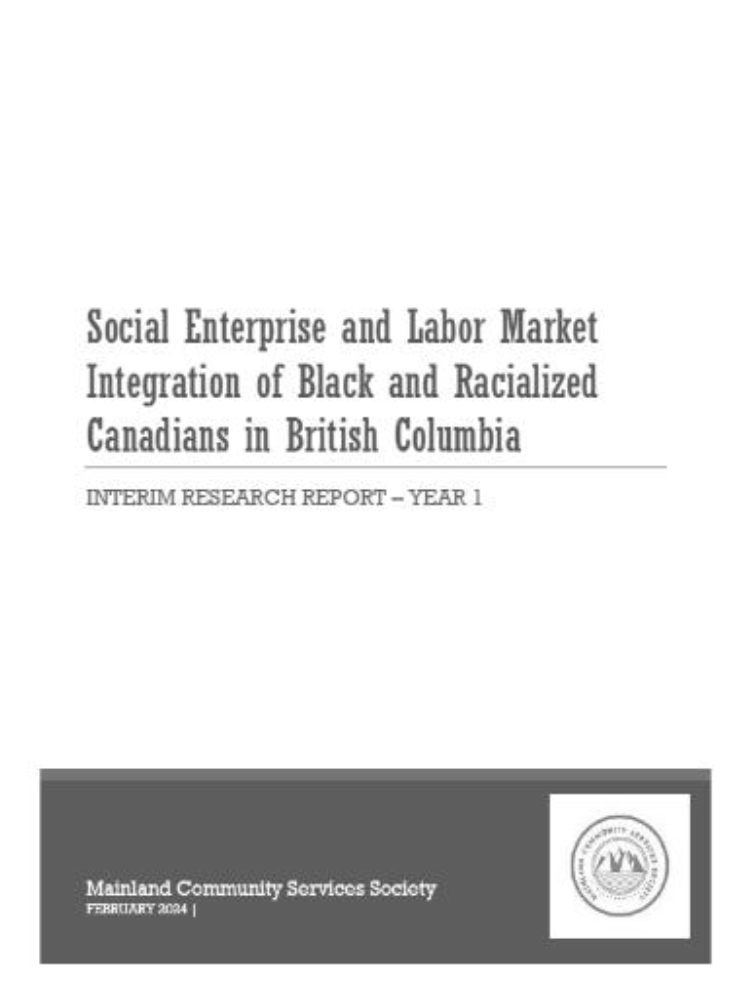
Social Enterprise and Labor Market Integration of Black and Racialized Canadians in British Columbia (Winter 2023 – Spring 2026)
The Social Enterprise and Labor Market Integration of Black and Racialized Canadians in British Columbia is a Canadian federal government-funded longitudinal research project.
The project aims to provide important evidence on the role that Work Integration Social
Enterprises (WISEs) in British Columbia play in assisting Black and other Racialized Canadians to overcome socio-economic barriers by directly estimating the impact of a variety of social enterprise models.
Mohplus Consulting project manages and leads the various research components of researcher of this significant longitudinal research project for Mainland Community Services Society (MCSS).
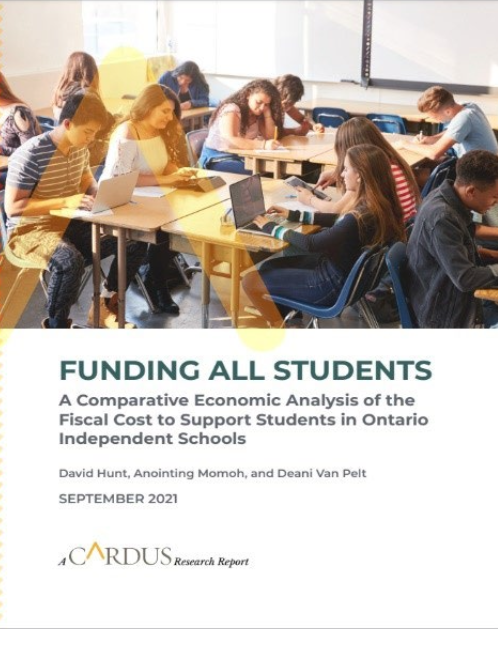
Funding All Students: A Comparative Economic Analysis of the Fiscal Cost to Support Students in Improving Black Representation in Alberta and British Columbia’s Banking and Finance Sector, 2024.
In response to Ontario’s eccentric policy of not funding Independent schools, as opposed to what obtains in other Canadian provinces— British Columbia, Alberta, Saskatchewan (two models), Manitoba, and Quebec, this cross-jurisdictional study presents the hypothetical economic costs of funding Ontario’s independent schools, if the province were to fully fund the sector or apply any of the existing partial-funding models (seven options) in any of the respective Canadian provinces that partially fund this sector.
Applying three plausible enrolment scenarios— the lower bound (scenario 1), most plausible middle case (scenario 2), and upper bound (scenario 3) of first- year enrolment levels that will result from implementing any of the seven options, the study makes twenty-one cost estimations, ranging between $535.2 million and $1.539 billion in net annual cost to Ontario taxpayers. For context, within the scope of Ontario’s $186 billion annual budget, this is around 1/3 to 4/5 of 1 percent (0.3% to 0.8%) of the budget. In other words, any of these funding options is a relatively minimal cost to substantially benefit the families who need it most.
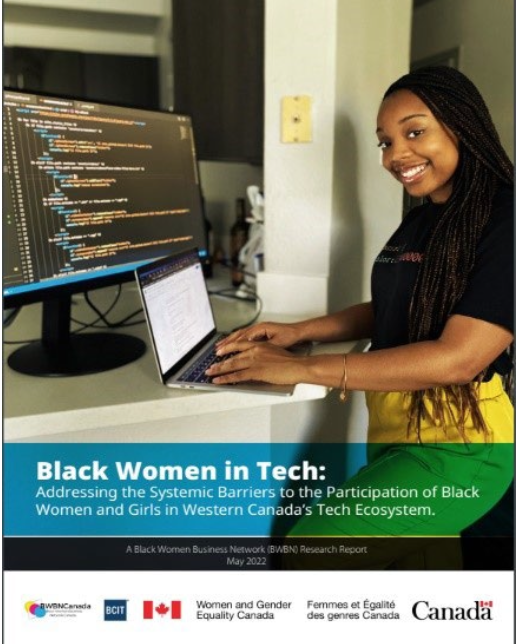
Black Women in Tech: Addressing the Systemic Barriers to the Participation of Black Women and Girls in Western Canada’s Tech Ecosystem, 2022.
This study is part of the Black Women Business Network (BWBN) Feminist Response and Recovery project. The study provides extensive desk research and interviews to support a feminist response and recovery for the under-representation of Black women in tech. It highlights the root causes of the barriers to the attraction, training, upskilling, re-skilling, recruitment, retention, and promotion of Black girls and women in tech jobs within their current industry and other industries. It also identifies interventions to address these barriers and increase access to tech jobs and tech training for Black women and girls, while supporting the work of a more gender and racially inclusive tech workforce.